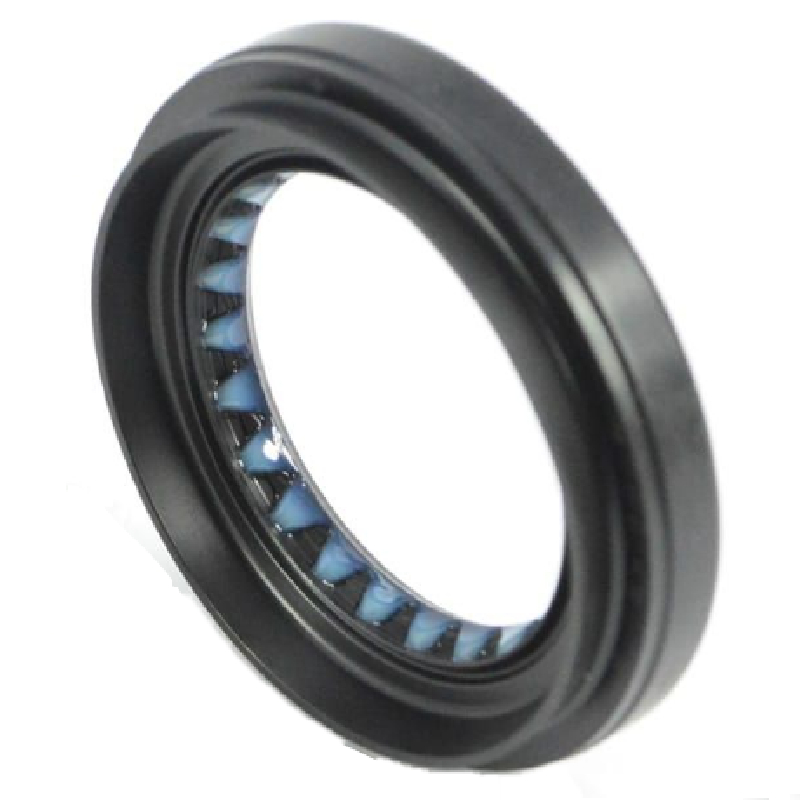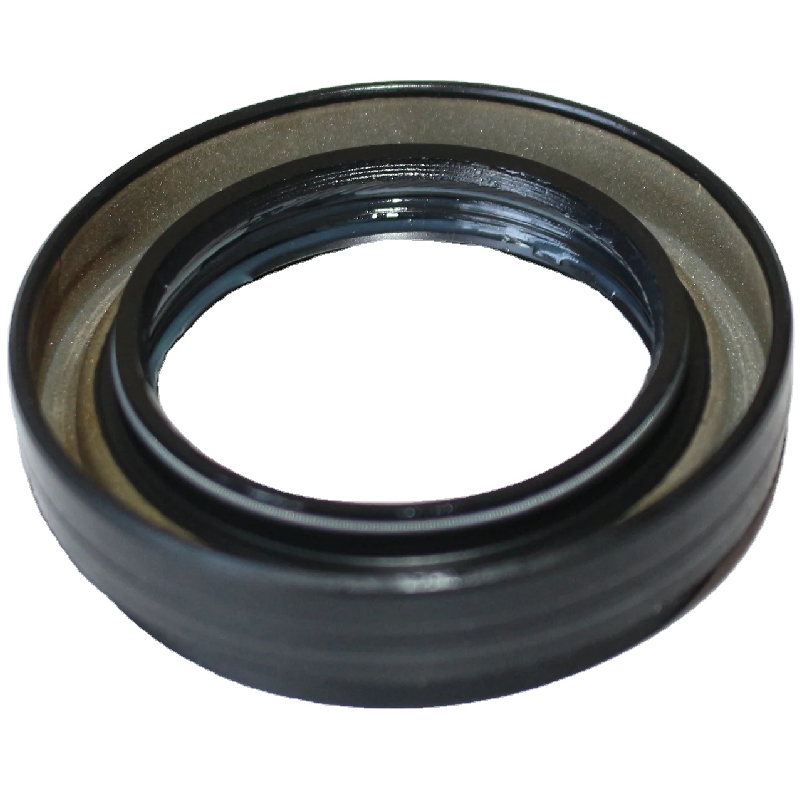Genuine SEAL TYPE T OIL 90311-41020 | OEM Fit, Leak-Proof
Inside the shop: Genuine SEAL, TYPE T OIL 90311-41020
If you’ve torn down a Toyota driveline lately, you’ve probably handled this part. The Genuine SEAL Type T Oil 90311-41020 is one of those small, unsung components that decide whether the whole repair feels effortless or turns into a comeback. I’ve seen both. And, to be honest, the difference is usually materials and process control—not marketing.

What it is and why techs care
This is an OEM-spec Type T rotary shaft oil seal, ACM-based (polyacrylate rubber), color black, supplied new-in-box from Julu Industry Area, Xingtai City, Hebei Province, China 055250. The Genuine SEAL formulation is designed for hot, oily environments—gearboxes, axles, transfer cases—where fuels, ATF, or gear oil meet constant rotation and a bit of shaft runout. Many customers say it “just seats and seals,” which, frankly, is what you want.
Quick specs
| Part name | Seal, Type T Oil |
| OEM code (Toyota) | 90311-41020 |
| Material | ACM (Polyacrylate Rubber) with steel insert; garter spring |
| Temperature range | ≈ −20°C to +150°C in oil (real‑world use may vary) |
| Fluid compatibility | Engine oil, ATF, gear oils; good ozone/weather resistance |
| Lip style | Type T, spring-energized, unidirectional |
| Condition | OEM 100% genuine, new, unopened |
| Country of origin | China (Julu, Xingtai, Hebei) |
How it’s made (short version)
- Materials: ACM compound with carbon black and oil-resistant plasticizers; SPCC steel case; spring steel garter.
- Methods: precision die-stamping of case, injection molding + vulcanization of ACM, flash trimming, lip micro-finish.
- Testing: oil immersion per ASTM D471; compression set per ASTM D395; lip runout and leakage to ISO 6194/DIN 3760; hardness ≈ 70–75 Shore A.
- Service life: around 120,000–160,000 km or 3,000–8,000 h in typical duty; depends on shaft finish (Ra ≤ 0.2–0.4 μm) and installation.
- Industries: OEM assembly, dealer service, independent workshops, fleet maintenance, powertrain reman.
Real-world use, plus a quick case
One shop I follow swapped a leaking axle seal on a high‑mileage Toyota. The first aftermarket seal wept at 2,000 km—lip hardness drifted high, it seems. With the Genuine SEAL, same shaft and bore, leak-free after 15,000 km and counting. Not a lab study, sure, but it matches what many techs report.

Where it fits
Used in select Toyota driveline assemblies designated by 90311‑41020. Always verify dimensions and application in the EPC; similar part numbers aren’t interchangeable.
Why ACM here?
ACM balances heat (up to 150°C in oil), fuel/oil resistance, and cost. FKM would push temp higher, but for most axle/transfer outputs ACM is the pragmatic sweet spot.
Vendor comparison (field notes)
| Vendor | Material & rating | Leak test | Notes |
|---|---|---|---|
| Genuine SEAL (OEM) | ACM, ≈ −20 to 150°C | Pass to ISO 6194 bench spec | Best fit/finish; consistent lip preload |
| Aftermarket (no‑name) | ACM/NBR, ≈ −20 to 120–140°C | Mixed; some seep at 0.05 MPa | Variable hardness, packaging differs |
| Premium aftermarket | ACM/FKM options | Usually meets DIN 3760 | Good alternative if FKM needed |
Customization and support
For special duty, vendors can tweak lip geometry, spring tension, or move to FKM. Bore coatings, anti-rotation ribs, and dust lips are also on the menu. Lead times vary; in my experience, pilot lots ship in 3–5 weeks.
Quality and certifications
Production commonly follows ISO 9001:2015; automotive programs target IATF 16949 audits. Batch traceability and RoHS statements are available upon request. Typical lab data show volume swell in IRM 903 oil ≤ 20% per ASTM D471 and hardness drift ≤ 5 Shore A after 70 h at 150°C.
Installation tip: Lightly oil the lip, check shaft Ra ≤ 0.4 μm, protect the lip over keyways, and seat square. Most “bad seals” I see were installed dry or cocked.
Authoritative citations
- ISO 6194 (Rotary shaft lip seals) – Parts 1–4: terminology, dimensions, performance.
- DIN 3760: Rotary shaft seals – requirements and testing.
- ASTM D471: Standard Test Method for Rubber Property—Effect of Liquids.
- ASTM D395: Compression Set of Rubber by Compression.
- Toyota Electronic Parts Catalog (EPC) – Part No. 90311‑41020 application verification.
- IATF 16949:2016 – Automotive Quality Management System Requirements.
-
Seal 12x20x5: Precision Radial Shaft Seals for Industrial Reliability
News Nov.24,2025
-
Seal 12x18x5: Essential Guide to Specifications, Applications & Vendors
News Nov.24,2025
-
Understanding Seal 12 20 5: Applications, Specifications & Industry Insights
News Nov.23,2025
-
Durable Oil Seal 85x110x12 – Reliable Sealing Solutions for Industry
News Nov.23,2025
-
Durable and Precise Oil Seal 75x95x10 for Efficient Machinery | YJM Seal
News Nov.22,2025
-
Durable Oil Seal 75x100x10 for Reliable Industrial Performance | YJM Seal
News Nov.22,2025
-
High-Quality Oil Seal 65x90x10 | Durable & Reliable Sealing Solutions
News Nov.22,2025
Products categories















